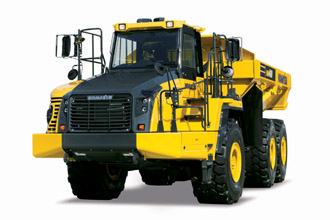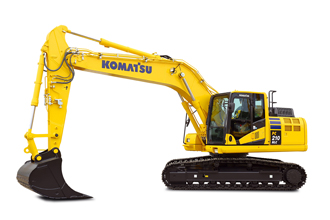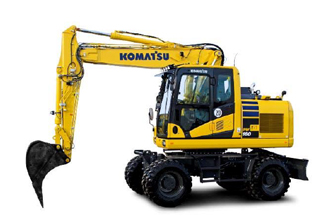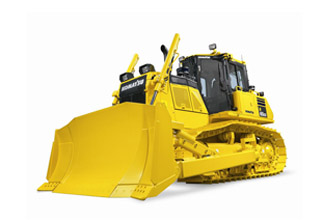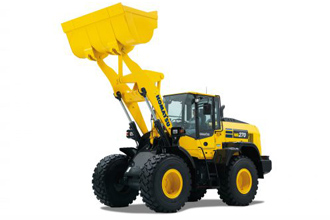Winters in the United Kingdom are very unpredictable. Sometimes we are hit with weeks of icy mornings or wake up to a blanket of snow and sometimes we manage to escape artic conditions completely. One thing that is certain is the temperatures are dropping and just like you would with your car and other outdoor equipment, excavators need some special maintenance and care in the winter too.
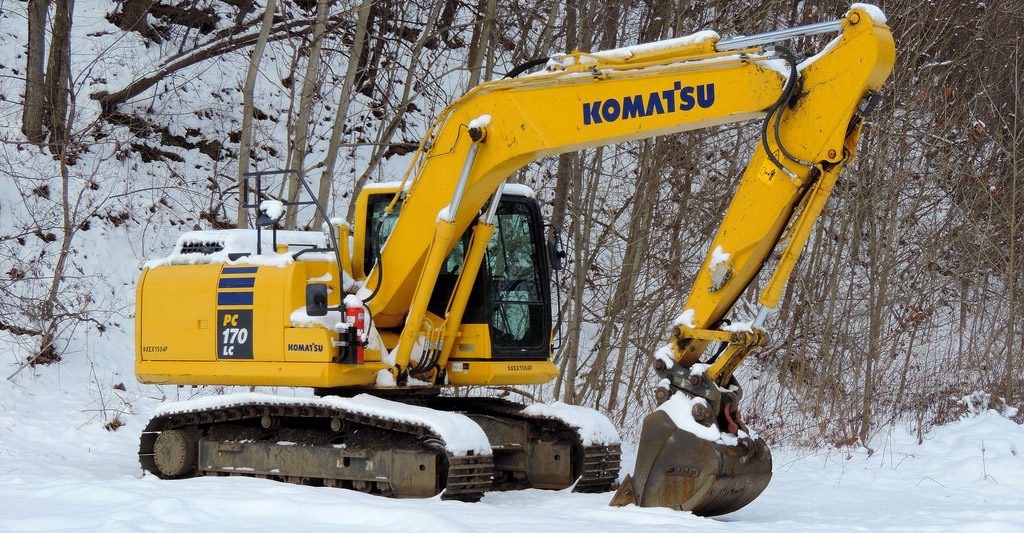
1. AVOID CONTAMINATING FUEL
The cold weather tends to bring out any fuel quality issues such as water and other contaminants. You can ensure this doesn’t happen by taking extra care contaminants don’t enter your machine’s fuel tank by cleaning the tanks cap and making sure it is functioning properly. Also verify the fuel you are using is of a high quality.
2. MAINTAIN FILTERS
Fuel, air and hydraulic filters need to be maintained for easier starting and to avoid power loss during equipment operation.
3. INSPECT HYDRAULIC HOSES
Even though the typical lifespan of a hydraulic hose is typically 7,000 to 9,000 hours, cold temperatures can degrade the composition of the rubber tubing making it stiff and brittle and can become further stressed by hot hydraulic oil running through them. So, replace all hoses with cracks or weak spots.
4. CHECK THE BATTERIES
Batteries can become weaker in cold environments, and it your machines batteries are already weak you’ll suddenly have a machine that doesn’t work, and productivity will stop. Use a battery tester to check the performance of your current battery to make sure that it’s in a good condition which will ensure your machine isn’t down.
5. UNDERCARRIAGE INSPECTION
We understand that the undercarriage can represent 50% of a machine’s maintenance expenses, therefore proper undercarriage maintenance in the winter is essential. Ensure that daily inspections continue to be carried out with operators being extra vigilant in removing debris and mud and making sure there are no loose or worn parts. The operator should also minimise high operating speeds to maintain control of the machine at all times.
Regardless of your machine doing winter work or not, you should make sure it gets an undercarriage inspection once a year.
For wheeled excavators it is recommended that they are fitted with winter tyres.
6. LET THE MACHINE WARM UP.
Warming up the machine reduces shock to components caused by cold fluids or hydraulic systems. The potential for blown hoses and wires increases with colder weather. Providing sufficient warm-up time will provide operators with a more productive machine as well as increase a safer and more comfortable working environment. Additionally, give your machine a nice stretch and cycle through all of its functions to distribute warmed oil until it operates with ease.
7. CHECK THE CAB
Before the cold mornings hit us ensure that the cab heaters are working to maximise operator comfort and when operating the machine make sure that there is no ice or fog on the windows obstructing operator’s visibility.
8. PROTECT YOURSELF
Your machine may be in great condition, but all that effort goes to waste if the operator isn’t. So, take extra care you don’t slip walking across site, entering and exiting the machine and wear gloves as touching cold metal surfaces with bare skin can cause serious pain and damage to your hands.
9. THE ENVIRONMENT
Remember that the weather also effects the environment you are in. Deep frost can make digging very difficult and can put a lot of strain on your machines components. Wheels and tracks can also slip much more easily on frozen or icy grounds causing damage to other machines, structures or people.


